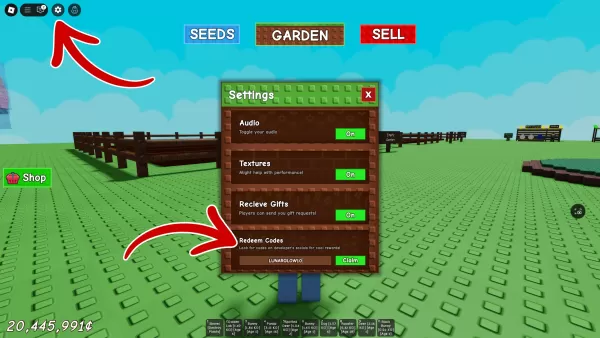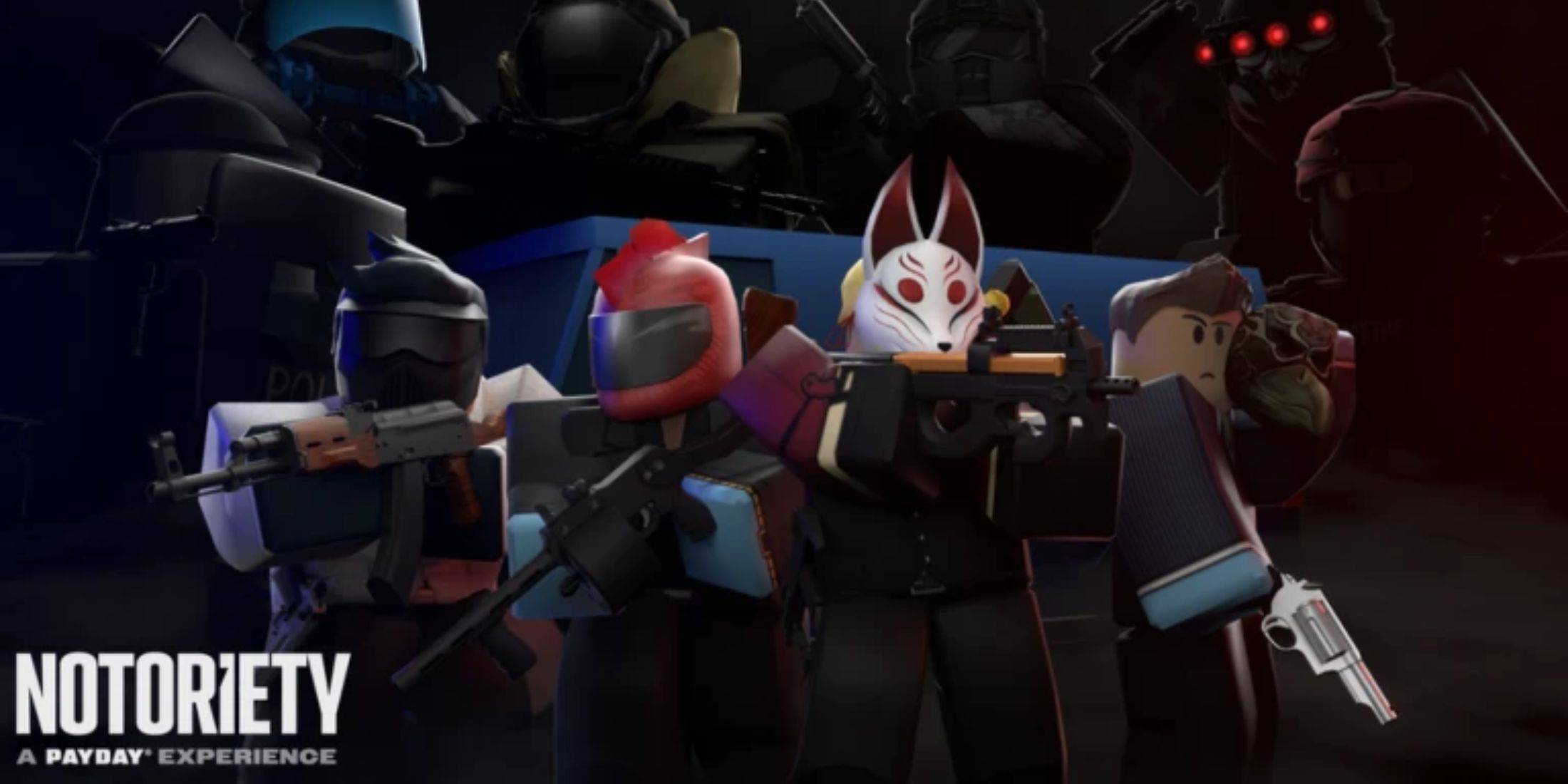AI Voice Acting in Focus as SAG-AFTRA Threatens Another Strike For VA's Rights
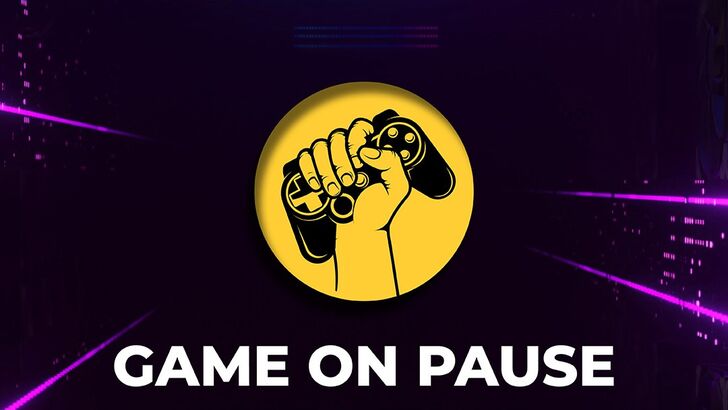
The gaming industry is on high alert as SAG-AFTRA, the union representing voice actors and performance artists, has authorized a potential strike against major video game companies. This move is part of an ongoing battle to secure fair labor practices and ethical guidelines for the use of artificial intelligence in the industry.
SAG-AFTRA's Press Release
On July 20, the SAG-AFTRA National Board convened via video conference and unanimously voted to empower their National Executive Director & Chief Negotiator to call a strike if necessary. This strike would affect all services covered under the Interactive Media Agreement (IMA), with all SAG-AFTRA members halting work on projects under this contract. The primary focus is on securing essential AI protections for video game performers.
National Executive Director & Chief Negotiator Duncan Crabtree-Ireland underscored the union's determination, stating, "Our resolve is unwavering and should not be tested. Our membership voted more than 98% yes to authorize a strike of this contract should the employers not come to the table with a deal that includes our critical provisions, especially in AI. We are steadfast in our commitment to our membership who work this contract and whose extraordinary performances are the heart and soul of the world’s most popular video games. Time is running out for the companies to make a deal."
The Issues at Stake and Impact on the Gaming Industry
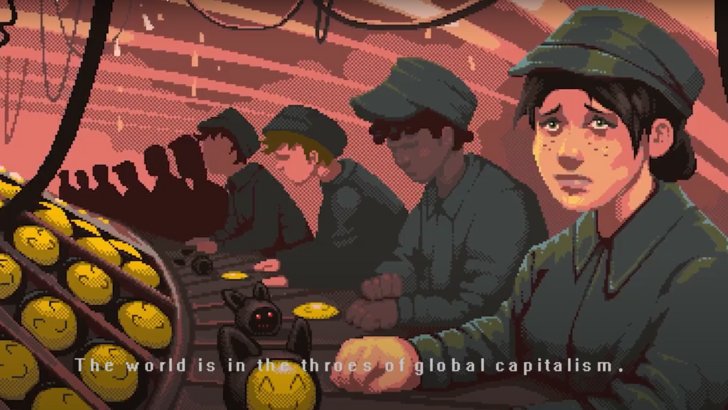
The central issues driving the potential strike revolve around the unregulated use of AI in voice acting and performance capture. Currently, there are no protections in place for voice and performance actors against AI replication. Many actors prefer to be compensated for their actual performances rather than having their likeness captured and replicated by AI. Even if they consent to such usage, they demand clear guidelines on how their likeness can be used and appropriate compensation.
SAG-AFTRA members are also advocating for wage increases that align with inflation: "11% retroactive to expiration and 4% increases in the second and third years of the agreement," according to SAG-AFTRA. They are also pushing for enhanced safety measures on set for on-camera and stunt performers, including mandated five-minute rest periods each hour, the presence of medics during hazardous work, protections against vocal stress, and the elimination of any requirement for actors to perform stunts during self-taped auditions.
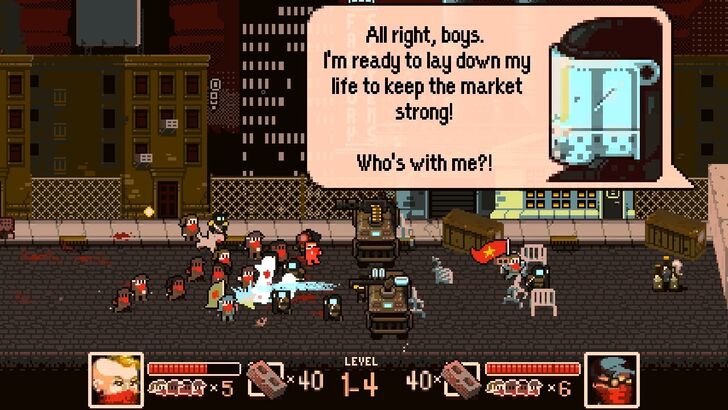
If the strike goes forward, it could disrupt various stages of video game production, though the full impact is uncertain. Unlike TV and film production, which can be immediately affected by strikes, video game development often spans several years. While a strike might slow down certain development phases, it's unclear whether it would cause significant delays in game releases.
Companies Facing Negotiations and Their Stances
The potential strike targets 10 major companies, including:
- Activision Productions Inc.
- Blindlight LLC
- Disney Character Voices Inc.
- Electronic Arts Productions Inc.
- Epic Games, Inc.
- Formosa Interactive LLC
- Insomniac Games Inc.
- Take 2 Productions Inc.
- VoiceWorks Productions Inc.
- WB Games Inc.
Among these, Epic Games has publicly supported SAG-AFTRA’s stance. CEO Tim Sweeney tweeted, "Epic supports the Screen Actors Guild’s view that game companies shouldn’t receive generative AI voice training rights on dialog recording sessions." No other companies have issued statements at this time.
History of the Negotiation

The roots of this conflict trace back to September 2023, when SAG-AFTRA leadership sought member authorization for a strike ahead of contract negotiations. The vote saw overwhelming support, with 98.32% in favor. Since then, negotiations have continued without a new agreement, even as the previous contract, which expired in November 2022, was extended.
This struggle echoes a previous strike in 2016, when SAG-AFTRA members went on strike against 11 major studios over similar issues, including base pay, health and safety, and residual pay. That strike lasted 340 days and ended with a compromise, though many union members remained dissatisfied with the resulting agreement.
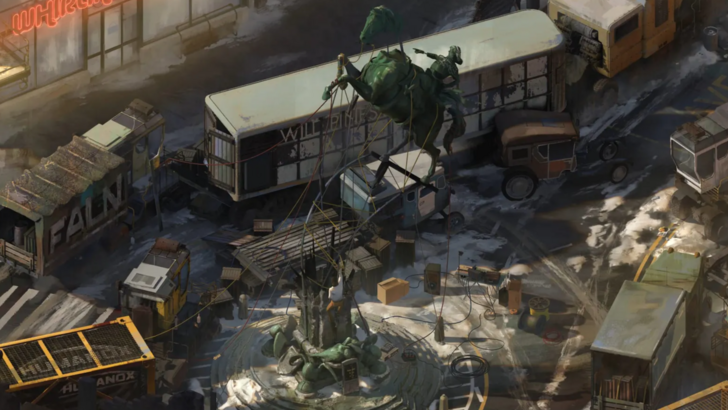
In January 2024, SAG-AFTRA faced criticism over a deal with Replica Studios, a third-party AI voice provider. This agreement, which allows SAG-AFTRA members to license their voices to AI, was seen by many as a betrayal, exacerbating tensions within the union over the role of AI in performance capture.
The authorization of a strike by SAG-AFTRA marks a critical juncture in the ongoing struggle for fair labor practices in the gaming industry. As negotiations continue, the industry watches closely, aware that the outcome will have lasting implications for the use of AI in performance capture and the overall treatment of video game performers. In an era where AI development is rapidly advancing, it is crucial to protect individuals and ensure AI serves as a tool to enhance human creativity rather than replace it. The stakes are high, and the potential impact of a strike underscores the need for a resolution that addresses the critical concerns of the union and its members.
-
In Whiteout Survival, the Sunfire Castle is a crucial element for players aiming to expand their dominance and thrive in a frozen world. Constructing, upgrading, and optimizing your Sunfire Castle is key to strengthening your city, unlocking new gameAuthor : Hazel Feb 09,2026
-
Looking for a great Xbox or PC gaming controller to gift this holiday season? The official Xbox Wireless Controller is a top choice. Right now, both the Robot White and Carbon Black models are on sale for just $38 with free shipping from retailers liAuthor : Simon Feb 09,2026
-
 Tarot Offline - Card GameDownload
Tarot Offline - Card GameDownload -
 Virtuelles Casino - Craps Spiel OnlineDownload
Virtuelles Casino - Craps Spiel OnlineDownload -
 BrazilyaDownload
BrazilyaDownload -
 Battle Angel Moe moe arena-Download
Battle Angel Moe moe arena-Download -
 Sandy BayDownload
Sandy BayDownload -
 Spell CastersDownload
Spell CastersDownload -
 Brain Puzzle - IQ Test GamesDownload
Brain Puzzle - IQ Test GamesDownload -
 Vampire's Fall: Origins RPGDownload
Vampire's Fall: Origins RPGDownload -
 Being a good sonDownload
Being a good sonDownload -
 Truck Cargo simulator offroadDownload
Truck Cargo simulator offroadDownload
- Black Ops 6 Zombies: How To Configure The Summoning Circle Rings on Citadelle Des Morts
- Roblox: Latest DOORS Codes Released!
- Harvest Moon: Lost Valley DLC and Preorder Details Revealed
- Silent Hill 2 Remake Coming to Xbox and Switch in 2025
- Roblox: Blox Fruits Codes (January 2025)
- Roblox: Freeze for UGC Codes (January 2025)



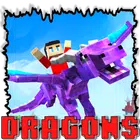
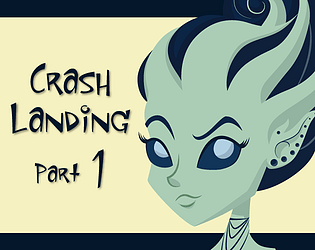



![Taffy Tales [v1.07.3a]](https://imgs.ehr99.com/uploads/32/1719554710667e529623764.jpg)



